RAIC announces Governor General's Medals in Architecture winners for 2024
By Josh Niland|
Friday, Jun 21, 2024

Related
The twelve winners of the Royal Architectural Institute of Canada (RAIC)'s 2024 Governor General's Medals in Architecture have been selected in continuation of a tradition that dates back more than six decades.
Presented by the RAIC and the Canada Council for the Arts, the biennial program honors the most outstanding completed projects designed by Canadian architects working in the country or abroad. The RAIC says: "The objective of the Governor General’s Medals in Architecture is to recognize and celebrate outstanding design in recently completed built projects of any size, type and geographical location by Canadian architects. The competition continues a tradition initiated by the Massey Medals in 1950, providing an important source of understanding of the nature of Canadian architecture and the regional, cultural, and historic forces expressed in the built environment."
This year's contest was judged by RAIC Peer Assessment Committee members Wanda Dalla Costa of the Tawaw Architecture Collective; Michael Green; Ntsika Architects founder Nadia Tromp; Dr. Henry Tsang; and STGM Architecture's Anne Vallières. The winning designs were said to be equally considerate of sustainability approaches and the support and advancement of equity, diversity, and inclusion (DEI).
The twelve winning 2024 projects can be viewed below.
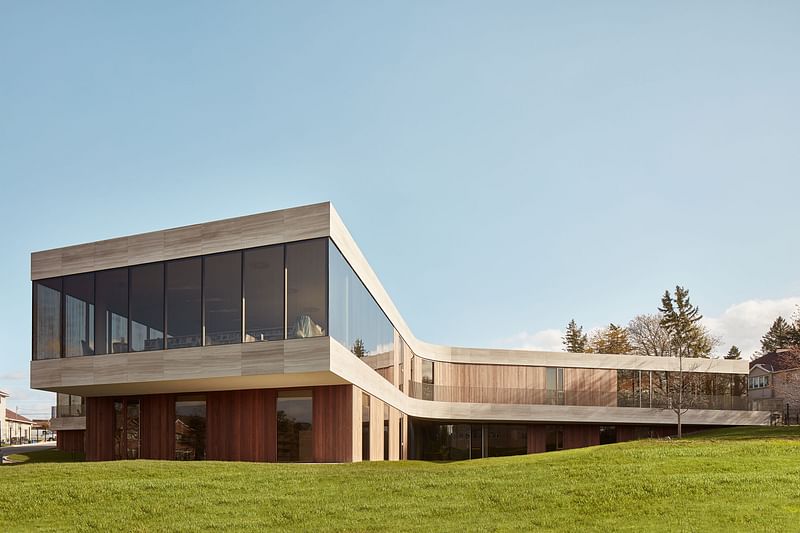
King City Public Library and Seniors Centre by Kongats Architects
The King City Public Library provides a multi-generational community hub for residents of King City that integrates two vital urban functions - an urban social space and a senior’s center. The jury noted the social and cultural value of the combined program. The jury discussed the contextual approach, material detailing and the sustainable strategies which included bio-swales, natural daylighting, natural ventilation and optimized heating and cooling systems.
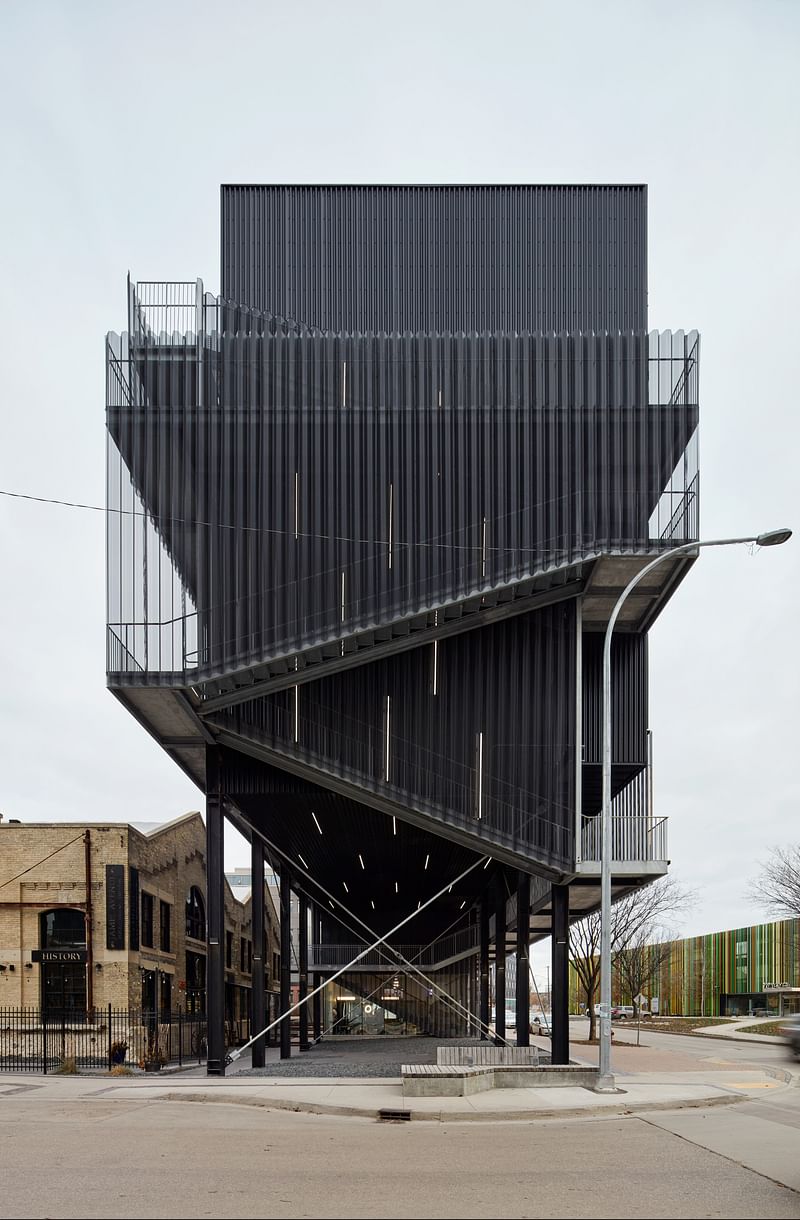
Pumphouse by 5468796 Architecture
The jury noted the excellence of this sensitive and convincing rehabilitation, which demonstrates a deep understanding of the site's potential and qualities, proposing adapted programs and additions integrated into the logic of the existing elements. Using the load-bearing capacity of the gantry crane rails to support a new floating floor frees up floor space and highlights the architectural qualities of the building and the industrial equipment as artifacts of the former use. The densification of the site with two new residential buildings ensures the feasibility of the project. The jury also appreciated the way in which the apartments are distributed by external walkways, offering to each of them double exposure and through-ventilation.
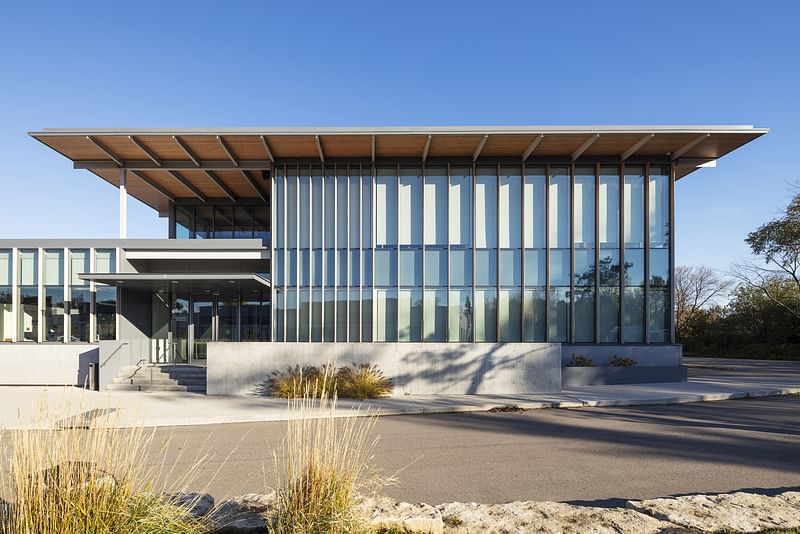
31 Scarsdale Road by Suulin Architects Inc
The jury appreciated 31 Scarsdale Road foremost for its important recognition that the preservation and renovation of existing building stock is one of the most important choices societies can make when considering sustainable building. Putting forward sober means and passive bioclimatic strategies, the project is well executed with straight forward details that create a light filled environment.
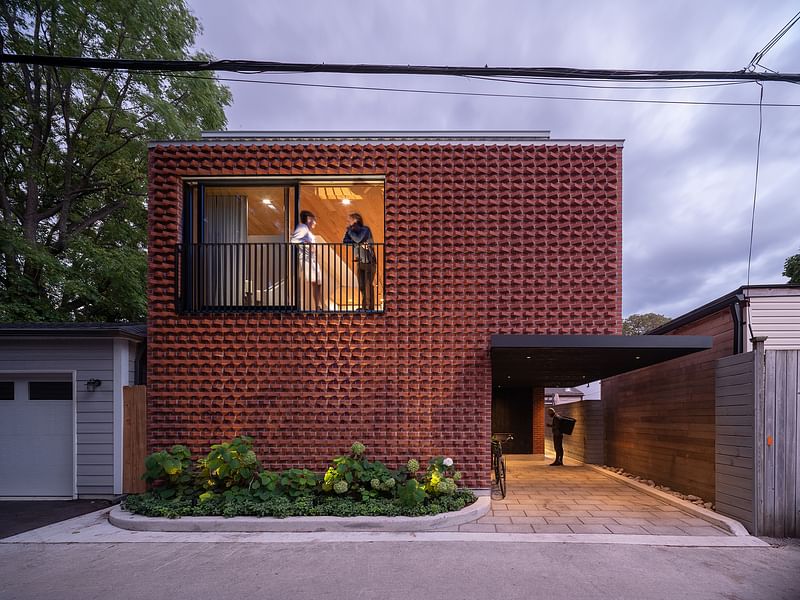
Garden Laneway Hous by Williamson Williamson Inc.
Nestled between garages and an alley, the site context of this laneway suite had little to offer, but the whimsical and quiet architecture of the Garden Laneway House makes it a true gem. In an often-overlooked typology, the jury was delighted by the effectiveness and efficiency of the space layout, complemented by the strategies implemented by the design team to achieve the project’s spatial qualities such as the views and natural lighting. This project is exemplary in its approach to small-scale urban densification. The jury was also impressed with the overall quality of its construction and details, particularly the beautiful brick facade providing a playful texture contrasting with the banality of the laneway.
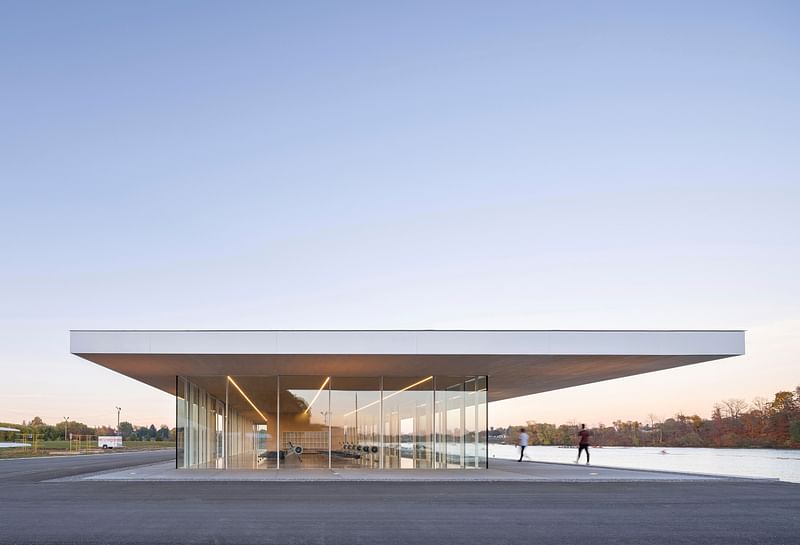
Neil Campbell Rowing Centre by MJMA Architecture & Design | Raimondo + Associates Architects
The Neil Campbell Rowing Center illustrates how a powerful singular gesture against a natural backdrop delivers a flexible program in a beautiful, restrained manner. The jury appreciated the clear construction and use of mass timber, passivehaus envelope detailing, PV array and other sustainability features as well as the architect’s ambition to meet Zero-Carbon and Net Zero Energy aspirations. Although programmatically relatively simple, the design is well considered to ensure that the simplicity was rigorously executed.
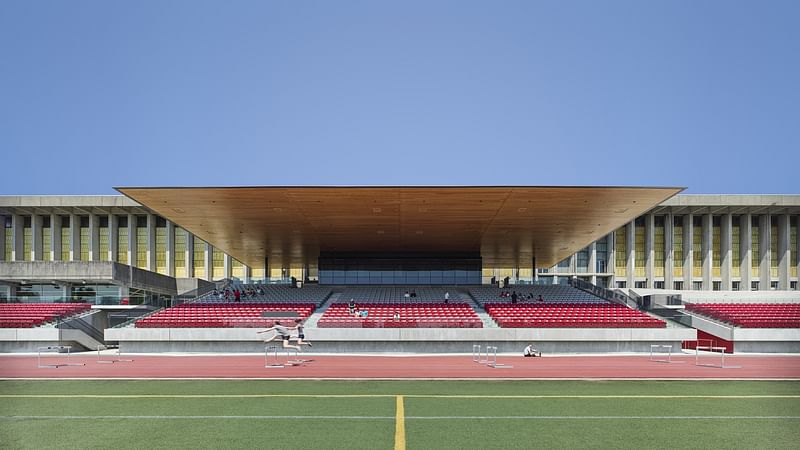
SFU Stadium by Perkins&Will
The jury appreciated the quiet, and clear response of the SFU Stadium project to its context and purpose. The main architectural feature of the project is the canopy that shelters the stadium seating. The design’s simplicity was well executed and was an elegant choice given the context of the brutalist backdrop of the Lorne Davies Complex Building. The jury noted the efficient use of materials including CLT and the handsome honest detail of the structural approach. In a time of excess the SFU Stadium illustrates restraint and elegance that will no doubt remain functional and beautiful for many decades to come.
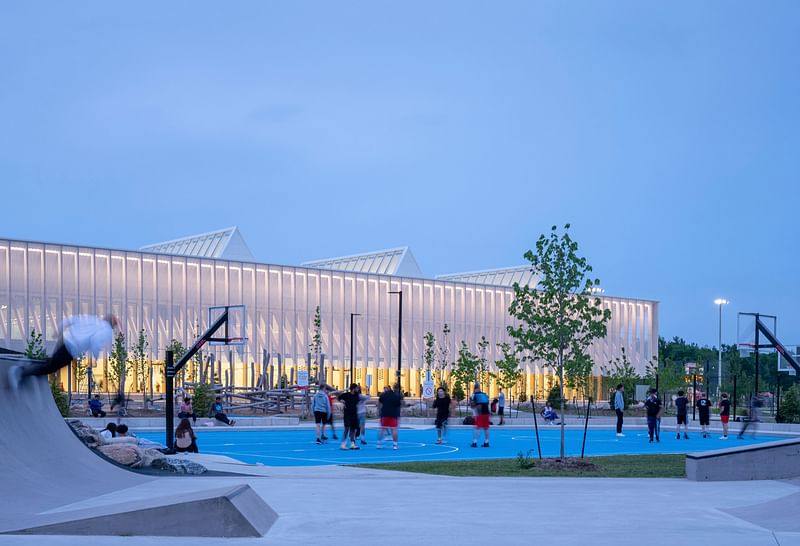
Churchill Meadows Community Centre and Sports Park by MJMA Architecture & Design
The Churchill Meadows Community Centre and Sports Park is a welcomed addition to the community of Mississauga, Toronto. With the Community Centre at the heart of the design, the building creates spaces of safety, accessibility, and equity for all users. The scale and massing of the building creates a new landmark in the suburban landscape, with the expression of materials and structure being key. A nuanced understanding of light and transparency between the inside and outside creates a delightful play of shadow and light.
The jury was taken by balance between sensitivity and pragmatism, the consistency of concept and detail, and the durability of the execution.
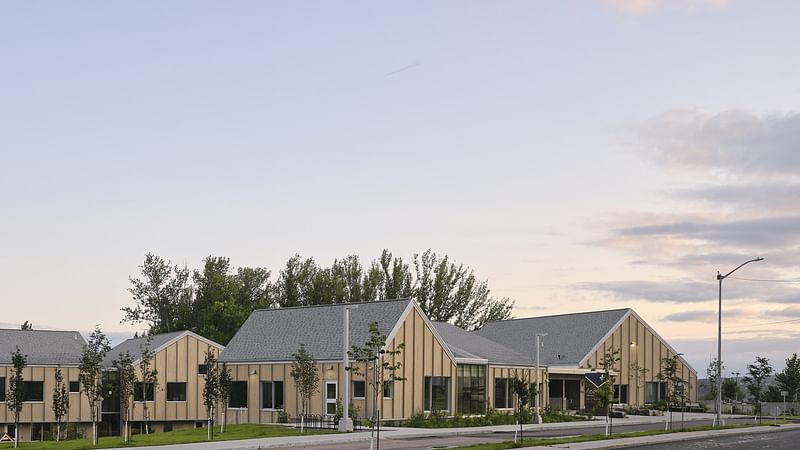
École de l'Étincelle by Agence Spatiale | BGLA Architecture | APPAREIL Architecture
Stemming from the new Quebec elementary school program, which is based on the development of spaces that enable a diversity of learning activities and promote collaboration, the École de l'Étincelle proposes an original solution, organized around the courtyard. The jury notes the interest of this organization, which favors intuitive orientation for children wherever they are in the school, and offers, on the first floor, a direct relationship between each classroom occupied by the youngest pupils and the outdoor space. The scale of the building, divided into modules reminiscent of a house, contributes to the children's sense of ownership and comfort. The jury salutes the substantial use of wood (structure, exterior cladding, interior finishes, integrated furniture), which gives the school a strong identity and helps reduce its carbon footprint.
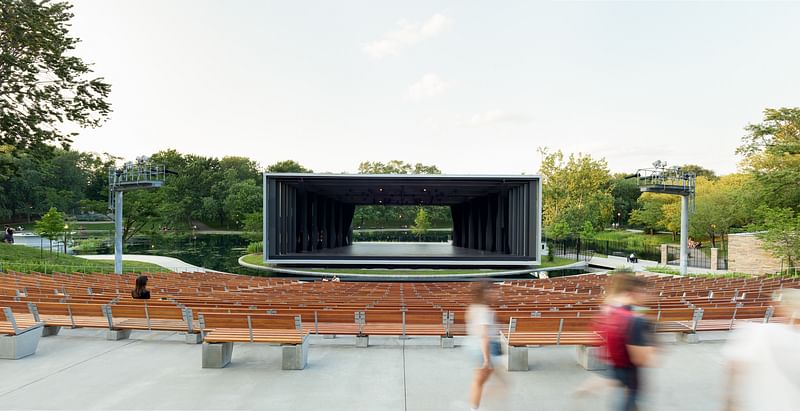
Théâtre de Verdure by Lemay
The redevelopment of Montreal’s Théâtre de Verdure has breathed new life into the La Fontaine Park and created a public amenity which is positively contributing to the urban landscape of the city once again.The building becomes a theatrical play in itself, with the observer becoming an active participant in the way one experiences the journey through the park, with glimpses of and through the building. The idyllic setting is enhanced by the theater being set on the water. This creates the illusion that the building is delicately floating, creating transparency and capturing views of nature beyond. The well-considered laying of materials and lightness of structure makes this project a delight to experience and a sensitive addition to the park.
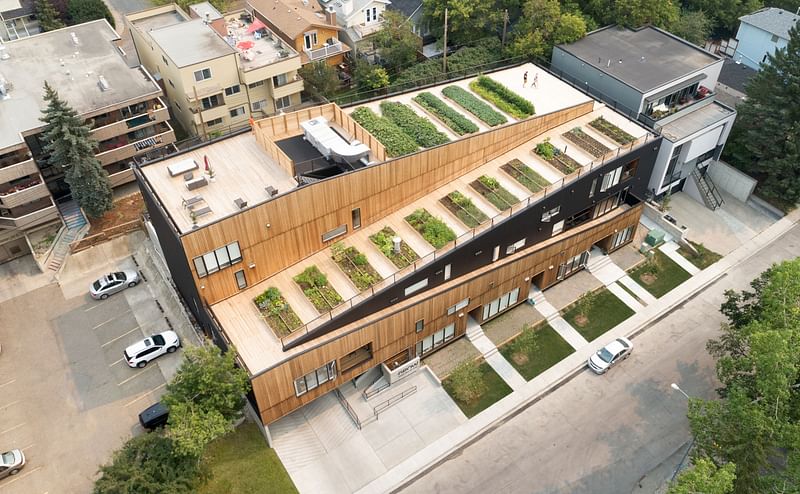
GROW by Modern Office of Design + Architecture (MODA)
GROW creatively reimagines the typology of a multi-unit residential complex and offers a much-needed new take on collective living. The jury praised the project’s form, program, and organization as a sensitive response to its suburban context. In particular, the clever sculpting of the topography of the ground and the roof levels provides the building with an animated communal stepped garden. The jury also recognized the significance of the project’s contribution as a new case study to the “missing middle” housing crisis.
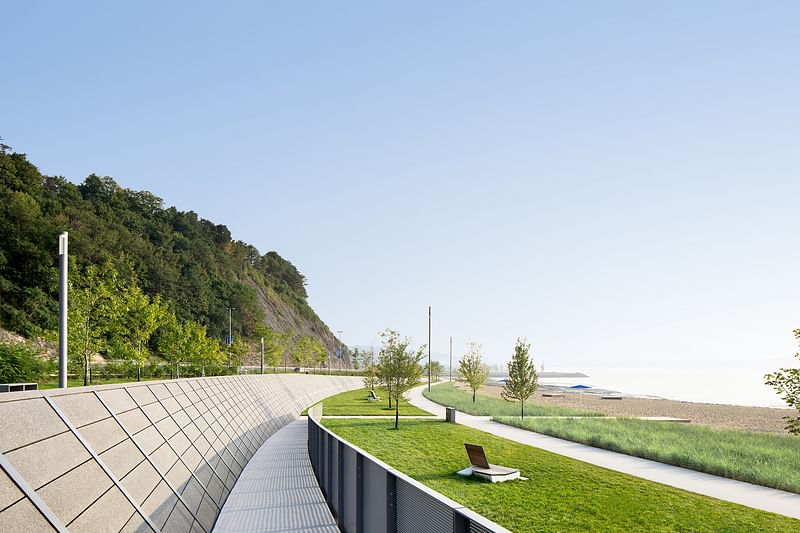
Promenade Samuel-De Champlain Phase 3 by Daoust Lestage Lizotte Stecker Architecture
The Promenade Samuel de Champlain - Phase 3 project continues the requalification of the riverfront on the north shore of the St. Lawrence River, in front of Quebec City. Initiated fifteen years ago, the project has enabled the transformation of a heavy industrial zone bordered by traffic infrastructures.
The jury appreciated the clarity of the architectural intentions, their sobriety, and the remarkable quality of execution of the interventions. The architecture takes full account of the river landscape and engages in dialogue with it. The jury underlines that only the collective support of a strong development vision, endorsed and supported by successive governments over time, has enabled the coherent and integrated realization of such a major urban project, which the population has rapidly embraced.
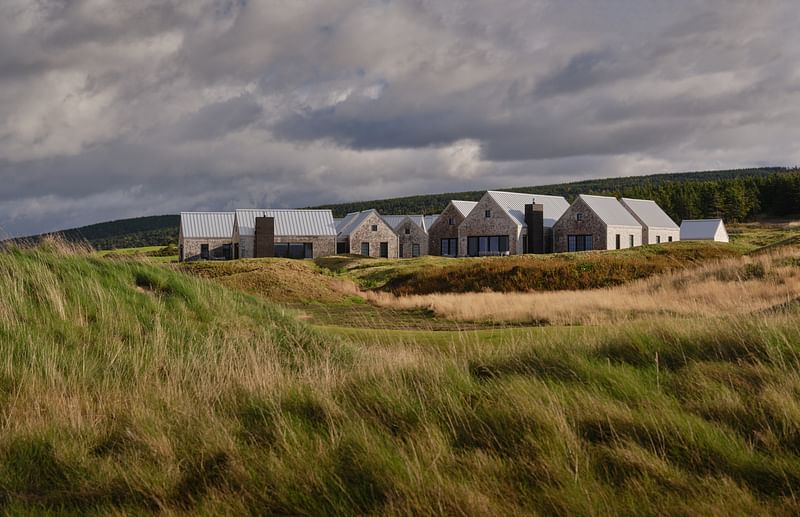
Cabot Cliffs: Cliffs Residences, Halfway Hut, and Pro Shop by FBM Architecture | Interior Design
The jury noted the contextual response and materiality, as a refreshing departure for this landscape-driven recreation residence. The simple wood vernacular traditions of Cape Breton aligns with the dramatic landscape. The jury also noted the social connections offered by the communal kitchen, dining and living areas, which allows this village to go beyond typical recreation properties. The result is an architecture that is rooted in the place, offering a connection with the natural setting - complete with natural pathways and views to the ocean. The sustainable approach includes regional construction that employed local craftspeople, vernacular plantings to control erosion and low irrigation plants. The jury also noted the innovative kit of parts assembly that can be replicated to support incremental growth.

Share
0 Comments
Comment as :